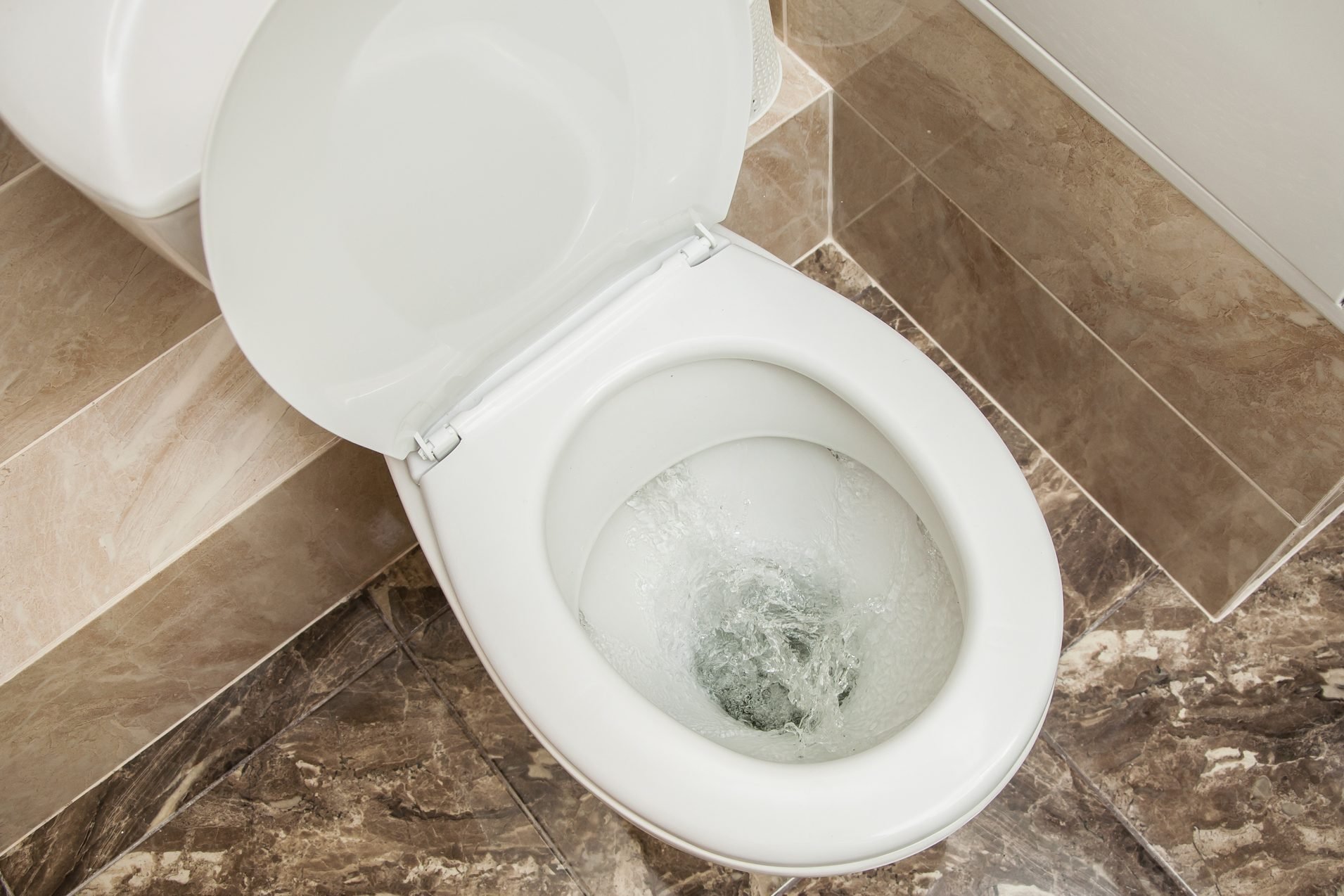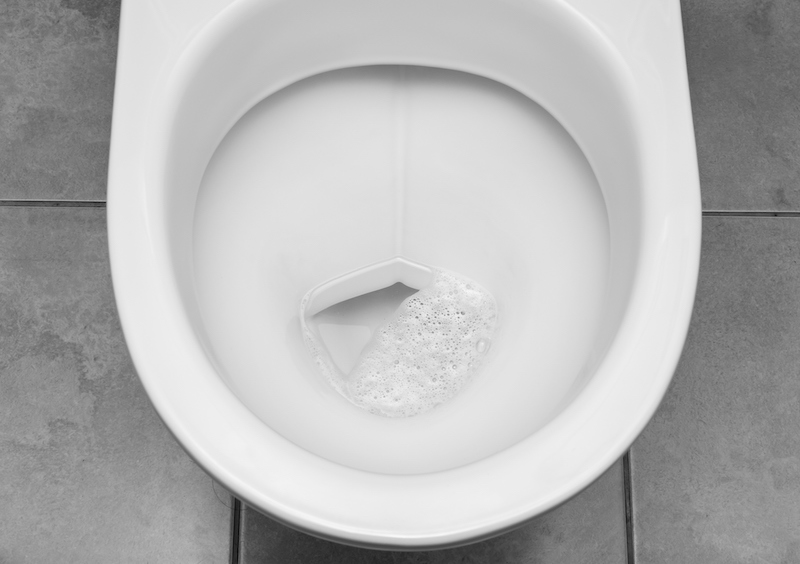Clogged toilets can be a significant annoyance in our daily lives. Understanding how to unclog toilet with hot water is not only useful but also a fast solution that can save you a trip to the plumber. In this article, we will provide detailed instructions to help you tackle this common household problem.
Before jumping into the methods, let's discuss some reasons for toilet clogs. Clogs can occur due to several reasons, including too much toilet paper, foreign objects being flushed, or even stagnant waste. Knowing the cause can help in taking the right approach to unclog the toilet.

The Science Behind Hot Water
Hot water is effective for breaking down certain types of clogs because it can help dissolve grease and soap scum that may be restricting the flow. When you flush hot water down the toilet, it heats up the clogged material, allowing it to break apart and clear the passageway.
When Is Hot Water Effective?
Before using hot water to unclog your toilet, it's crucial to understand that this method is most effective under specific circumstances. For example, if your toilet is clogged with waste material or too much toilet paper, hot water can often assist in breaking these components down. However, if the clog is caused by a non-dissolvable object, hot water may not be a viable solution.
Step-by-Step Instructions for Unclogging Your Toilet
Now that we've discussed the science behind hot water, lets look at how to put this knowledge into action. Heres how to unclog your toilet using hot water:
Things You Will Need:
- Hot water (not boiling)
- Bucket or basin
- Plunger (optional)
- Dish soap (optional)
Step 1: Prepare Hot Water
Heat water to a temperature that is hot but not boiling. Extremely hot water can crack your toilet bowl, so make sure its around 140F.
Step 2: Pour Hot Water into the Toilet
Use a bucket to slowly pour the hot water into the toilet bowl from waist height. This height can help create force and assist in breaking the clog further apart.
Step 3: Add Dish Soap (Optional)
If the clog is particularly stubborn, you can add a few squirts of dish soap before pouring in the hot water. The soap can help lubricate and break apart the material further.
Step 4: Wait for a Few Minutes
Give the hot water time to work. Wait for about 10-15 minutes to allow the heat and soap to penetrate and loosen the clog.
Step 5: Flush
Try flushing the toilet to see if it has unclogged. If the water drains properly, congratulations! You've successfully unclogged your toilet with hot water.
Precautions to Keep in Mind
While using hot water to unclog your toilet is generally safe, there are some precautions to consider:
- Avoid using boiling water, as it can crack porcelain.
- Do not use hot water if your toilet has a soft close lid, as the heat can damage the material.
- If the clog persists after several attempts, do not hesitate to contact a plumber.
Additional Methods to Unclog Your Toilet
If hot water does not work, you may want to consider some alternative methods:
Using a Plunger
A good old-fashioned plunger can be very effective. Create a good seal around the hole and push the plunger up and down vigorously.
Toilet Auger
A toilet auger is a specialized tool designed to break up clogs deep within the toilet's plumbing. If the clog is severe, this might be your best option.
Professional Help
For persistent clogs that do not respond to home remedies, professional plumbing services may be necessary. Consider checking out some toilet maintenance tips from expert plumbers.
Common Misconceptions about Clogs
There are plenty of myths surrounding toilet clogs. One popular misconception is that flushing an excessive amount of toilet paper is always a bad idea. While this can contribute to clogs, it's also important to consider the quality of the toilet paper.
Why Knowing Your Toilet is Important
User manuals often provide insights on what can and cannot be flushed. Adhering to these guidelines will minimize plumbing issues.

FAQs
1. Can I use boiling water to unclog my toilet?
No, boiling water can damage the porcelain and lead to cracks.
2. How often should I clean my toilet to prevent clogs?
Regular cleaning every month can help in preventing clogs caused by residual buildup.
3. Is it safe to use chemical drain cleaners?
While they can be effective, they may also damage your plumbing if overused. Always follow the instructions on the label.
As an Amazon Associate, I earn from qualifying purchases.






